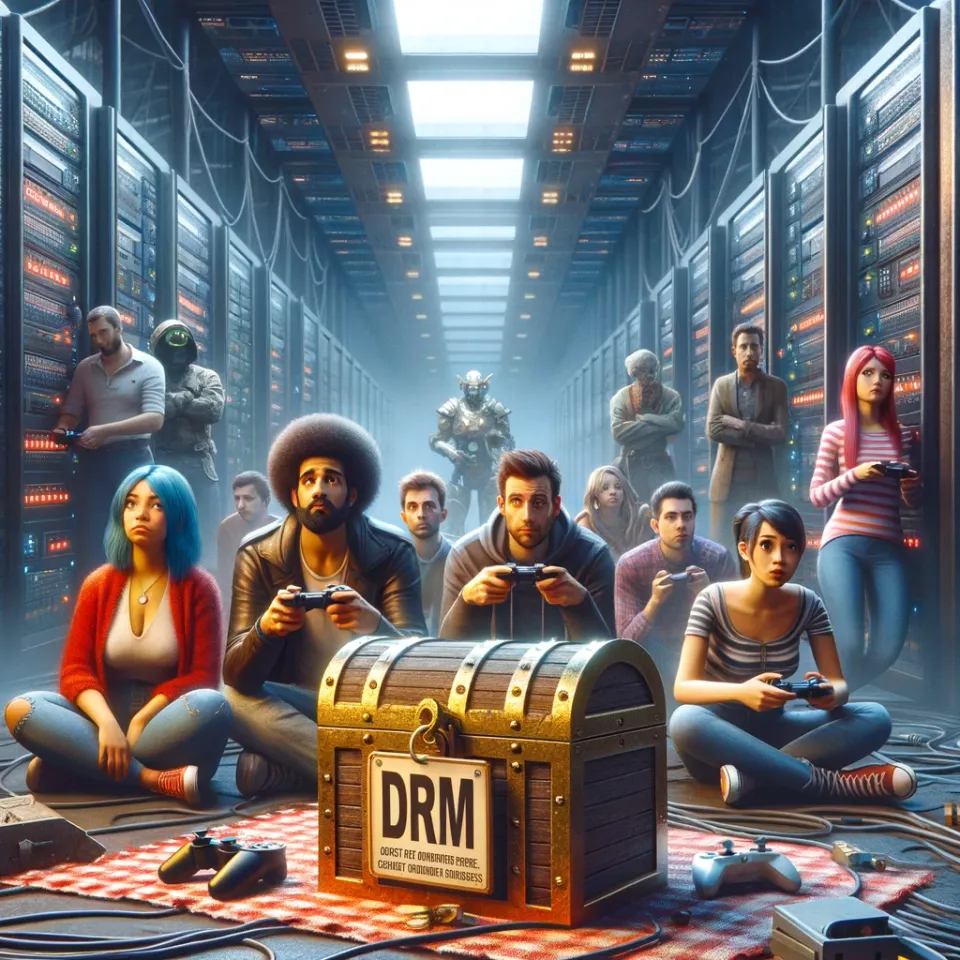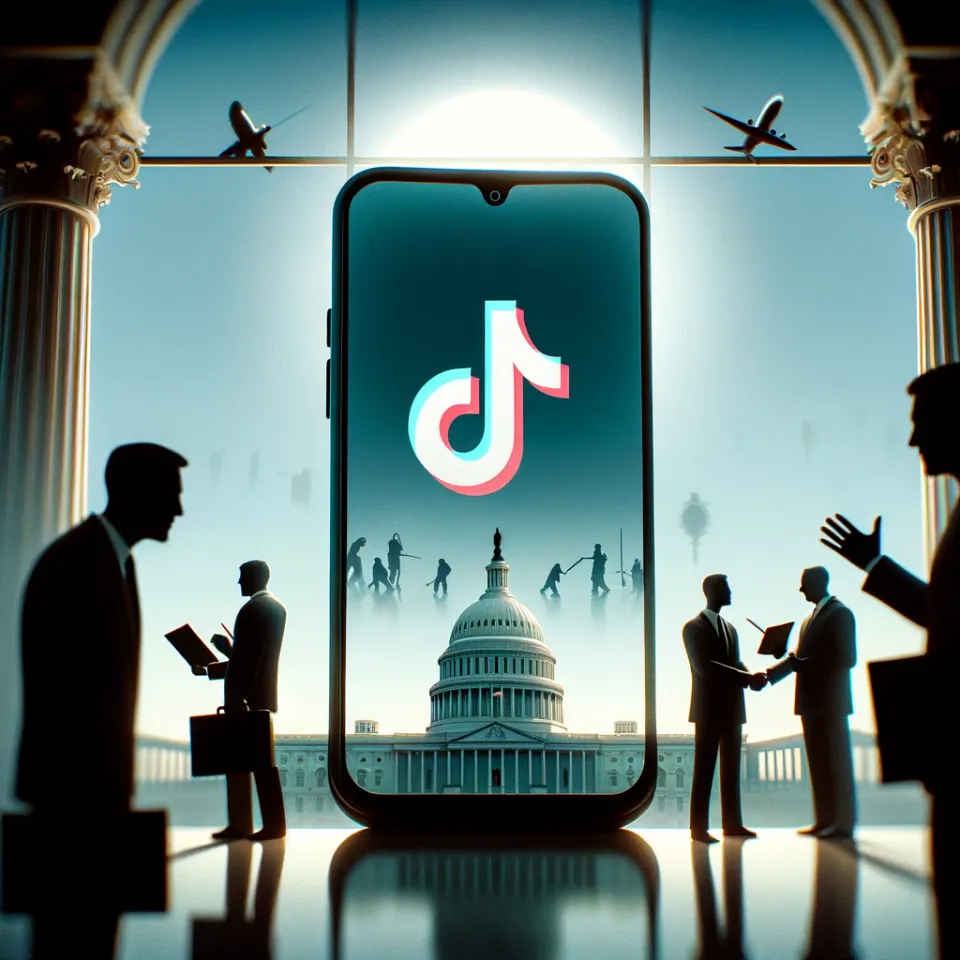Social Media: The Decline In American Values, and The Rise Of Sin

I was scrolling through Facebook earlier and found the below post on my feed. I am not sure what demographic was surveyed or how accurate the results are, but I can believe it. As you can see, there is a decline in every category but money.

With the increase in homosexuality and abortion, there comes a decrease in values pertaining to the importance of having children.
Likewise, and probably related, as many fall away from God over losing their way in life, or maybe they never knew him to begin, so they don’t know the love that is His forgiveness. Forgiveness for not obeying what He gave us because well, life happens and it’s hard.
With patriotism, more and more people lose faith in America, especially over the corruption and crime that is constantly aired in the media. While likely not the only reason, 5th gen warfare also plays a role and makes it difficult to know if we can even trust our own government.
I can’t speak for community involvement, as it seems quite strong online in the area where I live. Unless you are referring to helping with non-profits and community events, which may be struggling to find people.
Tracing the Origin
I want to share with you another story that was found on my Facebook feed, about ants.

In this situation we should be looking at who, or what, is shaking the jar, and apply fixes as necessary. When Cambridge Analytica happened, Europe demanded answers and took action. When the Facebook “like” button, Google +1 button, and Twitter button all were out of hand tracking everyone on every page they visited, Europe took action against cookies.
One Culprit: Social Media
It all seems to boil down to big tech, namely social media. While Twitter has now openly acknowledged bot swarms attacking its algorithms to push content to more people through the for you page, which shows suggestions Twitter thinks you would like, direct attacks are not the only problem. The problem lies in the algorithms or lack of enforcement of Terms of Service, with some sites going as far as letting you keep your paid subscription with your new account after your last one was banned.
Direct Attacks On Social Media
Direct attacks on social media are a threat that should involve the FBI if you ask me, at least they should be aware as they are the ones protecting the population. The military too for what is relevant to them. Tools should exist for them to analyze and protect against these threats, as we clearly cannot trust social media to do it themselves.
That doesn’t mean we can trust that much power to the government either, although social media giants already have it I suppose. Transparency is a must at both ends (no NDAs/etc.) and a time until disclosure should exist where both parties are required to independently announce it after a specified period of time not to exceed 6-18 months after detection. Since the tools provide the insight, the government doesn’t get a huge dataset of individual messages, only relevant patterns, and a scoped list of messages that are public, or with a warrant if private.
Problems With The Algorithms
I reference this more than I want to, but if you hang around 5 you become the 6th. With social media, the number is somewhere around a 20% chance of being influenced per friend, I believe, if I read the article I can no longer find correctly the first time.
Regardless, every one you add to your friends list or that gets shown on the suggestions for friends or your feed has an effect on you. With Mastodon, you have full control over who shows up, but for whatever reason the social media giants insist on offering recommendations. It makes more sense for friends than your feed, but maybe that’s just me.
Take Snapchat for example. I did a test last year where I added 1-2 people and then added everyone from “quick add,” which is the suggestion for friends. I also added everyone from SFS that appeared from these friends. An SFS is when someone posts a pic a friend sent them to post and tagged them in it, so you can add them.
What I had found was everything from drugs, guns, and scams to pornography and even child pornography.
Recently I did a poll where I surveyed ~50 people that were asked their age out and responded with age 13-17, out of those 3500 or so that were added via the method above. Here are the results to that poll:

This poll is rather concerning considering the financial industry doesn’t like to back porn payments, or Disney and the others pull ads over child porn.
According to this article, 51% of minors aged 11-13 have seen pornography.
Not only that, but the Bible says sin leads to death. Temptation leads to sin. Children are more curious at their ages, especially influenced by the media and Hollywood, so receiving random messages with porn has them tempted to explore it further, which leads to a host of problems from being sexually active to porn addictions. The tolls it takes on ones mental health are apparent too.
So What Could We Do?

If America actually cared, cell phones and PCs would have porn filtering on a chip in the graphics chip of mobile devices and PC’s. If we can do on-device language processing I’m sure content filtering could be achieved too, and it’s global across apps.
Technology has advanced quite far in the last 10 years, and AI is now mainstream. Object recognition has been achievable for quite some time and with it exists the ability to do nudity detection. Social Media currently does not all make effort to block or censor nudity. Facebook will take it down, and Snapchat may give you a warning or suspension too, but it does not seem to stop the widespread problem as I had plenty of accounts with nudity shown on Snapchat. Facebook does a decent job and Twitter allows it outright, while marking it sensitive which doesn’t always work either, but they try. Snapchat is definitely the worst offender although it too has improved within the past year. Unfortunately, Snapchat is where the kids are too.
There are also no options to block sensitive media in private messages which are a popular way of receiving them. Not even a basic language filter like that which is included in many video games.
My proposal would actually be to look into doing it in the hardware instead of relying on social media to do their job in protecting our youth (without Europe getting at their throats).
With Nvidia and AMD on desktops, it would likely easily be possible to incorporate content filtering into the graphics card with hardware, using those awesome CUDA cores while games aren’t active.
On mobile it may be a bit trickier due to battery life, but I still feel like it would be possible with how good batteries have gotten. I mean Android can already always listen to show you what music is playing in the background, so why not have a dedicated neural chip monitoring the screen and censoring content? It’s optional, but with the ability to lock it using an NFC key, which would be a parents cell phone or a hardware FIDO2 key.
What Do You Think?
What do you think? Outside of disabling suggestions for friends / for you, or applying age filters and creating separate sections for children, what should we do? Dividing children up seems to work well in school, except for those with siblings. Even still, 16-17 can’t really know 13-15 without problems on social media. They have different levels of maturity and they are separated in middle school and higher school already. That doesn’t even count predators and bots.




